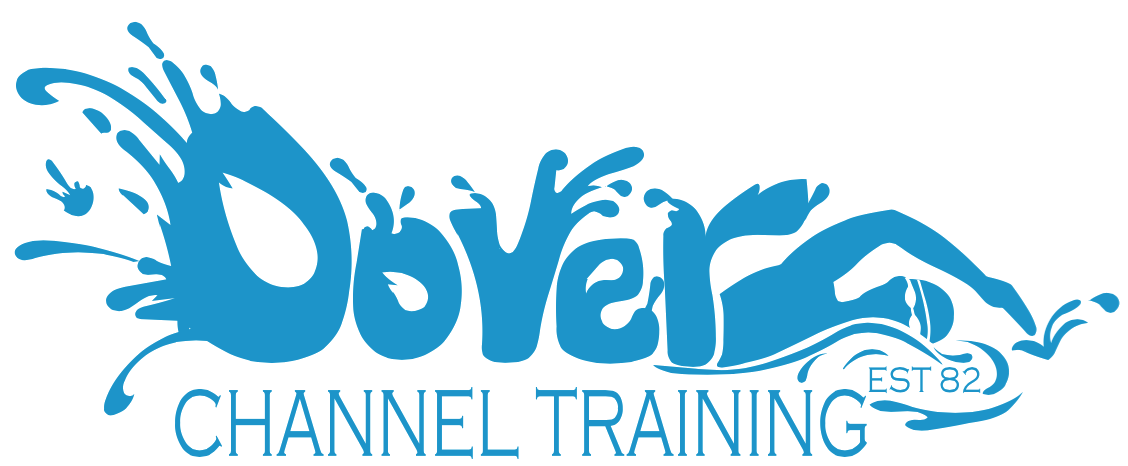By soloist I mean someone training for a long swim, one that will require you taking on nutrition during the swim. You may be training for an English Channel Solo or another long swim. You may just be trying to push yourself.
Start: Beginning of May
End: End of season (typically end of September)
Days: Saturdays and Sundays
Start time: 10am
Occasionally we need to change the times and locations of training sessions, please keep an eye on the website or better still, join our mailing list.
Hat colour: Red
What to expect:
When you arrive for your first session you will be asked to do a short assessment swim. Your membership application won’t be finalised until that point.
When you arrive for each session you will sign in and be given a number on your hand. You must tell us this number when you come in for a feed and when you get out. This does two things for us, it gives us an idea of how you are handling the cold and it ensures that we accurately know who is in the water. When there are two swims you must also ensure the person with the clipboard knows that you are going back in.
You must attend the briefing before entering the water, this will give you important information as to where you can and can't swim and when to come in for feeds. Please see the information on this site regarding the swim zone.
Learn to expect the unexpected! Just when you think you can guess how long you can expect to do, you’ll be given longer or shorter than you think. You may also find that others who are swimming at the same time as you will be given more or less. You may also find that you come in at the time set and you are asked to do more, or if you’re lucky, you will be told to get out early.
We are deliberately messing with your head! On the big day, the channel rarely does exactly what you expect. If you’re heading nicely for the cap and the tide changes early you can be faced with a few more hours of swimming. So we need to train your body AND your mind. Alison Streeter once said that the channel is 80% mental, 20% everything else. Given how big ‘everything else’ is, you can begin to understand how big the mental side is.
There are other factors that can lead to your swim being longer or shorter than expected – the conditions being one of the main factors. When the conditions are good, we’ll make the most of it and press on. If the conditions are poor, training will still be on, but we may adapt accordingly.
How we build up
In the early weeks when the water is still chilly, you can expect to do 2 shorter swims. The duration you’ll swim will build up quickly and when both swims are around 1.5 hours in duration we’ll switch to a single swim. Time in the water builds up as the water temperature increases. The date of your tide will also impact how training is structured.
You’ll build to the point of doing what is effectively a split channel swimmer – 7 hours on a Saturday and 6 hours on a Sunday. Expect to do this multiple times.
We don’t taper much, apart from anything else, it’s actually really difficult to know exactly when you’re swimming so we need to keep you on the boil.
Key advice
The most important piece of advice – learn to swim properly! I know that sounds like a crazy piece of advice, but the type of people attempting the channel has changed, it used to be experienced swimmers with good technique, that’s no longer the case. Join a masters club. We will assume that you are already a club swimmer, if that’s not you, think about getting some serious tuition in the pool.
Need more support?
Our training sessions will help you prepare, physically, for the challenge ahead. If you need more support than we provide, need additional support during the week or want support with the often hidden 80% of any big challenge - the mental approach aspects - then find out about additional support available through Paddlefish Panda Ltd.


